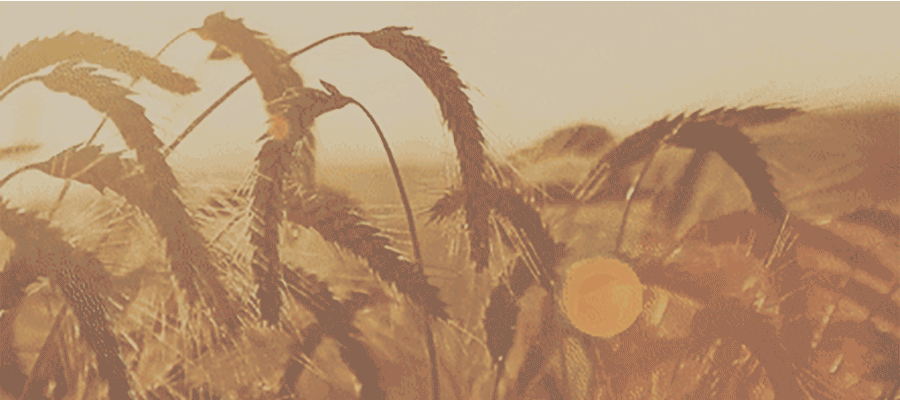Nkese and Ifran's Home, the Outskirts of Dkanat
They are both with goat milk yogurt; Nkemi thinks he must know it by now, because Emeka buys his milk from Nkese, and Jioma boils and skims it to yogurt herself. These batch Nkese has strained, and it is thicker than what she might serve for breakfast, thick and tangy, standing up to the pinch of spices in the milder version, and even to the heat of the chilis.
“Thank you,” Nkese’s smile warms her face when Anetol praises the fritter, and she smiles back at him as gladly as he smiled at her. The whole table is calmer, now, and it is the sound of fingers gently tearing, of chewing, with no more strange clanking or stifled breaths.
it is the sound of fingers gently tearing, of chewing, with no more strange clanking or stifled breaths.
“It is a special place,” Nkese says, firmly. “Both the town and this house.” She glances across the table at Ifran; Nkemi does not quite look over, but she can see them both, and she sees the small, answering smile on her father’s face, a flicker at the mouth and the corner of the eyes.
“In fact,” Nkese says, smiling at Anetol, “Nkemi followed in my steps when she was born in this house. It was older even than my father, but he is the one who made it ours.” There is a softness to her eyes; she takes another piece off her fritter, and dips it gently through the hotter of the two sauces, taking a bite.
Nkemi takes another piece of her fritter, dipping it as well, and nibbles at it.
“She has written also to us much of Vienda,” Nkese goes on, cheerfully. “It is very hard to imagine such a place! I worried very much that it would be a block of ice which returned, and not my daughter.”
Nkemi giggles, easily; she smiles at her mother, who smiles back, scrunching up her face. Nkese wipes her hand on her cloth, and reaches around the side of the table, cupping Nkemi’s cheek lightly.
“Juela,” Nkemi says, giggling again. Her hand comes up, cupping Nkese’s, and squeezes lightly.
“Now that you have seen Dkanat, you can see how strange it must be for us to think of a city covered in snow,” Nkese says, smiling at Anetol. “The weather is much like this most of the year, but that it is hotter sometimes, and when the winds or rains come. I saw snow once, in Thul Ka, but only once.”
“At Thul'Amat?” Nkemi asks, smiling, eyes wide. She does not know this story; she wonders that this can be so.
“Yes,” Nkese says, cheerfully; the faintest pulse of bastly energy runs through her field, as warm around her as it is around Nkemi. The caprise is comfortable between them at the table, and her field settles easily enough into Anetol’s, though they are far from belike. She rises once more; she serves each of them another fritter, using her spoon and fork once more, and Anetol the ninth, the last one from the platter.
“During my student days, many, many years ago,” Nkese says. She smiles at Anetol. “You must have visited our university by now? I attended Tsu’un, for I had then a great love of philosophy and poetry both. But in my studies of the static conversation, once, we all in chorus cast a spell to make snow.”
Nkemi giggles again; her whole face lights up. She thinks she can imagine it; she thinks she knows well how her mother must have looked, as a girl, for she has known many mirrors.
“It was very cold,” Nkese says, eyes sparkling, “and damp! Even all together, we could not make it so cold that it did not melt the moment it brushed us.” She shook her head, lightly; the smile on her face is warm and fond with remembrance.







